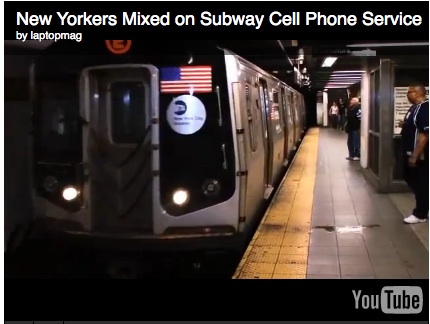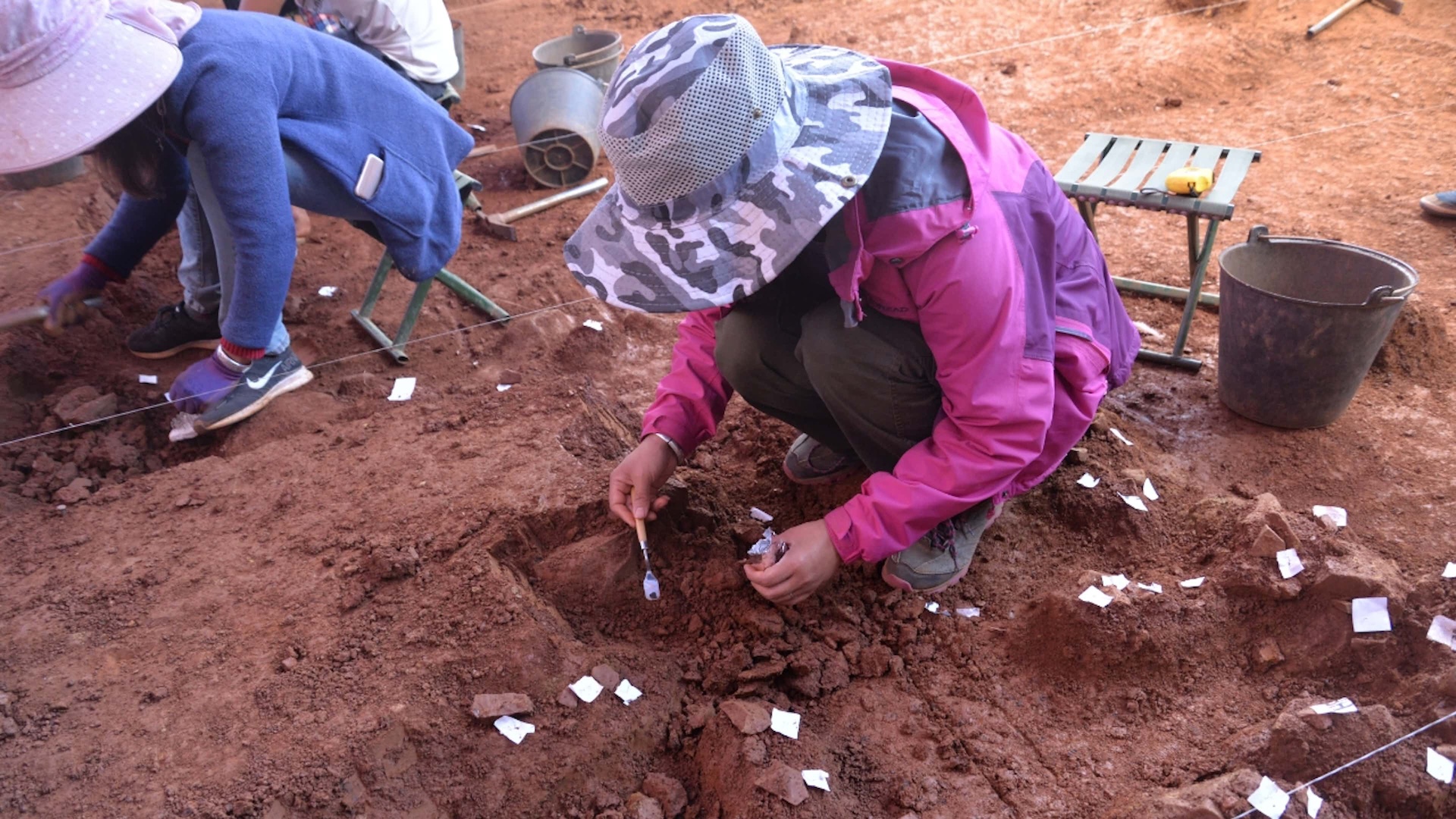
Lucian Go is a program assistant for transportation at the NRDC. This Op-Ed is adapted from a post on the NRDC blog Switchboard. Go contributed this article to LiveScience's Expert Voices: Op-Ed & Insights.
It no longer takes a transportation planner to see the shift occurring in the travel habits of the millennial generation, which is the largest and most diverse in American history.
We're driving less, walking and biking more, and gravitating towards more vibrant and compact communities that facilitate car-free lifestyles. In doing so, millennials are helping push American transportation preferences in a new direction.
Two new reports released recently by the American Public Transportation Association (APTA) and U.S. PIRG dig deeper into this trend. APTA's report, entitled Millennials & Mobility: Understanding the Millennial Mindset, found through polling that millennials are increasingly multi-modal, with 69 percent of respondents using multiple transportation options to reach a destination a few times a week or more. The report found that on average, millennials use three different transportation options on a typical trip (including walking), mainly due to the lower cost and convenience of traveling that way.
By shifting from personal car use towards multi-modal public-transit trips, millennials are taking a more pragmatic approach towards travel, increasingly deciding that cars, long considered a symbol of freedom and convenience, are not the easiest way to get around, and certainly not the cheapest.

When I decided to move to the San Francisco Bay Area for college, one of the first big decisions I had to make was whether or not to keep my car. Having grown up in a suburb of Los Angeles, where public transit was not a viable option for most trips, the idea of giving up the little piece of adulthood I'd acquired at sixteen seemed unthinkable. In the years that have passed, however, letting go of it has proven to be one of the best decisions I've made — for my sanity and for my bank account.
With the ubiquity of transit ridership and the increasing use of services like Zipcar and Lyft, I can count on one hand the number of friends I have who still drive a car on a regular basis (and one of them lives in his car, so he doesn't really count). One friend was involved in a fender bender and decided to sell the car rather than deal with repairs and insurance costs any longer. Another grew tired of paying $200 a month for a parking spot in San Francisco. With so many options now available in metropolitan areas, the hassle simply isn't worth it anymore.
APTA's polling demonstrates the potential behind mobility hubs and technology-enabled transportation services that I've blogged about previously. Millennials aren't wedded to using a single mode to get where they're going, and the polling shows that they would like to see real-time updates, a more-user friendly experience, and amenities like Wi-Fi to allow them to travel the way a lot of them probably live: spontaneously. [Faster than a Plane or Train: 'Hyperloop' Transportation ]
What can cities and planning agencies do to further this trend away from car dependence and the pollution and congestion associated with it? As U.S. PIRG's new report A New Way to Go highlights, quite a lot.
The report recognizes that outdated, mode-specific "silos" within transportation agencies can present barriers to technology-enabled transportation services. By modernizing regulations to embrace multi-modality, transportation planners can help to spread more, and better, transportation choices to Americans, whether they live in cities or suburbs.
This Op-Ed was adapted from the post "Millennials, Mobility, and Multi-Modality" on the NRDC blog Switchboard. The views expressed are those of the author and do not necessarily reflect the views of the publisher. This version of the article was originally published on LiveScience.
Sign up for the Live Science daily newsletter now
Get the world’s most fascinating discoveries delivered straight to your inbox.
Why is yawning contagious?
Scientific consensus shows race is a human invention, not biological reality











